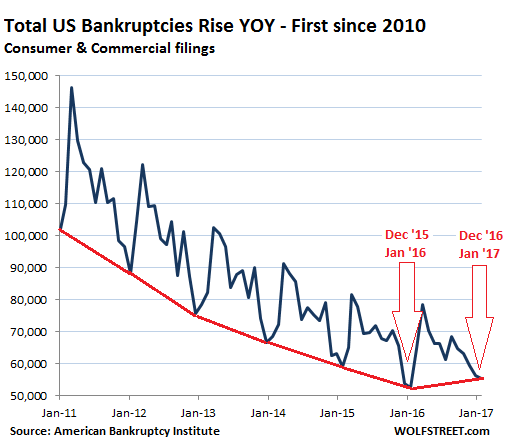
On the supply side, on the other hand, home building capacity has been slow to increase after years of underinvestment. Simultaneously, baby boomers showed no signs of downsizing and have instead increased demand for second homes and investment properties as they look forward to retirement. Demographic trends supported increased demand as the millennial generation entered their thirties, prime years for starting families and buying homes.

The causes are both structural and cyclical.
#HOUSING BUBBLE SERIES#
and abroad, how should real estate investors and risk managers prepare themselves? Will housing values slow, crash or flatten? Moreover, how can we use new data series to differentiate regional risks?Īfter years of pedestrian growth in the wake of the mid-2000s housing bubble, house prices went parabolic in 2020, growing over 30% in the span of the last two years, according to the Moody’s Analytics House Price Index. After the sharp run up in real estate prices both in the U.S. No matter what the housing market looks like in a year or two, we're all in a better position to plan for it.The Federal Reserve’s sudden pivot towards tightening monetary policy this spring has sent interest rates skyward and stock investors to their bunkers. That said, anyone who remembers the crash of 2008 understands phrases like "underwater" (owing more on a home than it's worth) and "short sale" (selling a home for less than the amount they owe on the mortgage). There's no doubt the current market is being driven, in part, by emotion and a fear of missing out. Any homeowner unprepared to pay a higher interest rate could find themselves in trouble. The problem is that the rate is only set for five years and there's no way to predict what the rate will be when it's time to reset. As fixed 30-year mortgages hover just over 5%, the current rate for a 5/1 ARM is around 3.5%, meaning a buyer can qualify for a more expensive home. According to the real estate company Inman, the demand for ARMs has increased by 26% from earlier this year. The folks who might face a challenge are those taking out adjustable-rate mortgages (ARMs) and paying more for a home than its appraised value. What that means for us as a society is that there are likely to be fewer homeowners going into foreclosure, even if the value of homes flattens. If you've recently purchased a home, you know the hoops you had to jump through to prove you're able to repay the debt. Mortgage lenders found a way to offer loans to just about anyone with a pulse, including those who had no way of repaying the mortgage.ĭue to new federal guidelines and dramatic changes in the lending industry, those types of loans are a thing of the past. To put it kindly, lending practices were sloppy leading up to the 2008 housing crisis. There are likely to be fewer foreclosures - at least early on When that happens, prices have to soften to lure in buyers. That leaves more disposable income to do things like cover emergencies and deal with inflation.Īt some point, the convergence of low housing inventory and sky-high prices will simply slow the market to a crawl. Back in 2007, 7% of disposable income went toward mortgages. The primary reason is that Americans are using less of their disposable personal income to make mortgage payments. While the Dallas Fed sees a "bubbly" housing market, there's no indication it's going to be anything like 2008. The mystery is what that change will end up looking like. We know there's a change in the air and something is going to happen. We talk (and write) about it incessantly. We can say this for sure: An exploding housing bubble will not sneak up on us.

Still, when and if the housing market does take a hit, here are three ways it's likely to be different than it was in 2008. The number of homes that are selling within 14 days is growing at a slower pace than earlier this year.An increasing number of home sellers have reduced their asking price.Fewer people are applying for mortgages as compared to this time last year.


Some buyers have stepped back from the house hunt as mortgage payments now exceed their budgets.As mortgage rates shoot up at the fastest pace in history, the typical home buyer's mortgage payment is now $500 more per month than it would have been if they'd purchased a home in January.More: Our picks for best FHA mortgage lenders Redfin notes changes in the housing marketĪccording to real estate giant Redfin, buyer behavior has changed over the past few months. Discover: We ranked this company the Best Overall Mortgage Lender as a part of our 2022 Best-of Awards


 0 kommentar(er)
0 kommentar(er)
